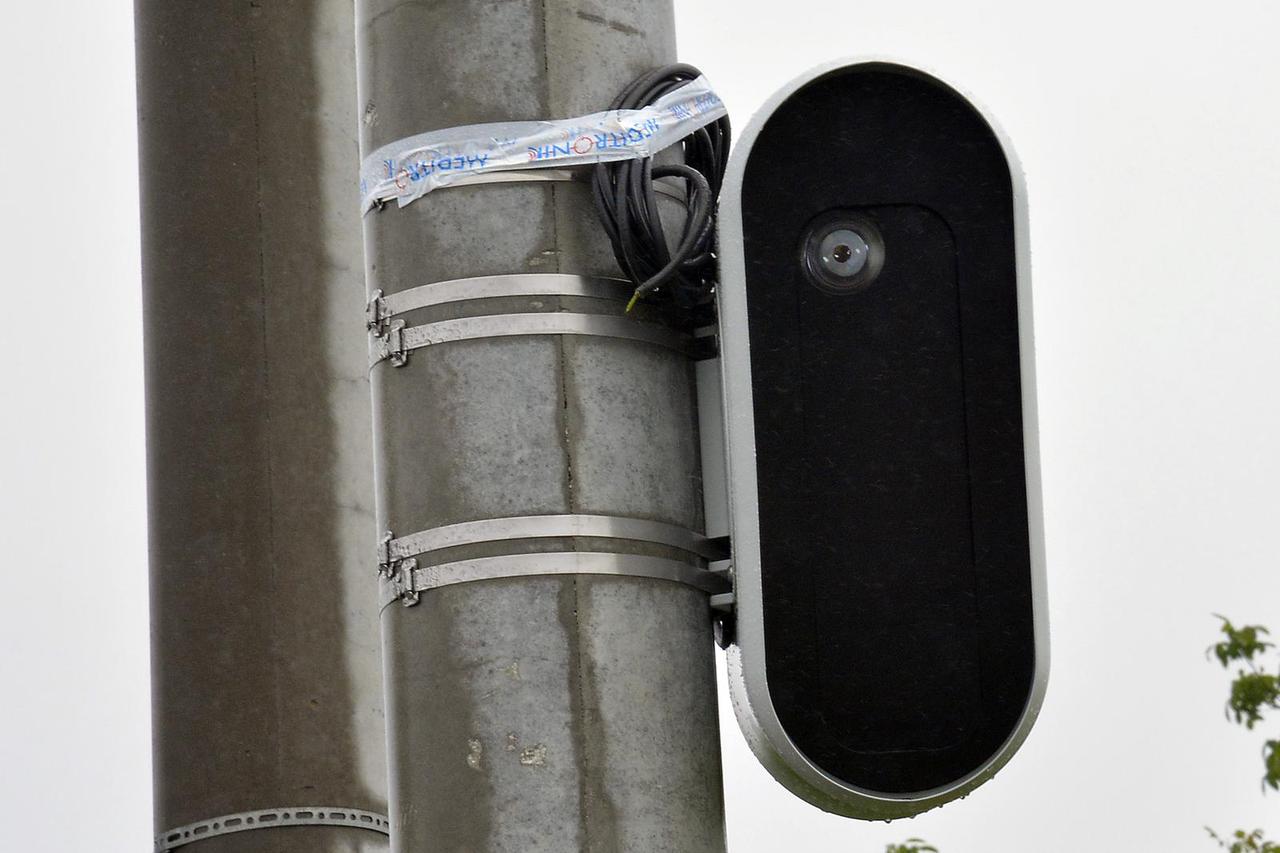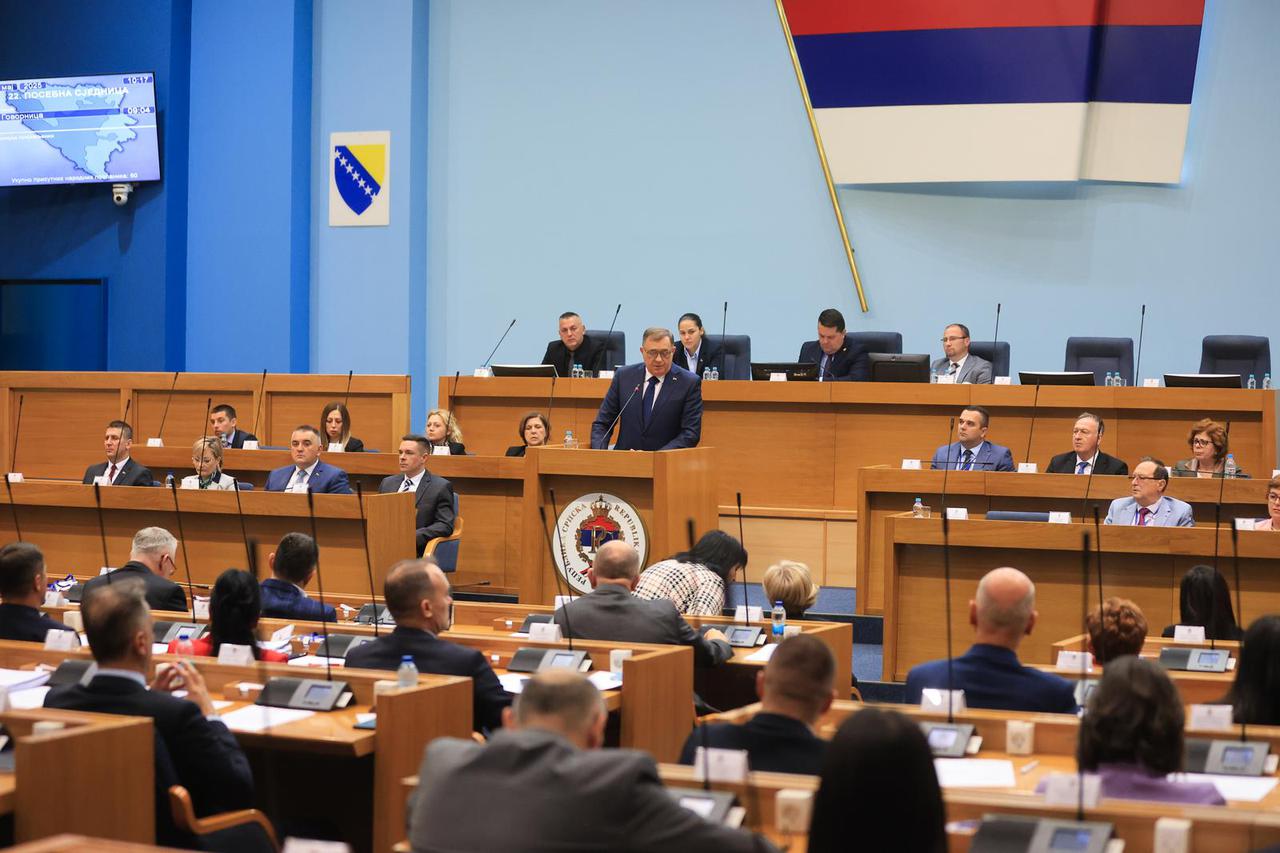Swedish climate activist Greta Thunberg was deported from Israel along with several French activists after attempting to deliver humanitarian aid to the Gaza Strip aboard the yacht Madleen on June 1. Israeli authorities stopped the vessel at the port of Ashdod and detained the passengers, stating that the attempt to break the Gaza blockade was illegal. French officials confirmed the deportation, while some activists refused to sign deportation documents and are awaiting a court decision. The humanitarian mission aimed to deliver food and essential supplies to Palestinians affected by the blockade. Media are closely following the case, and Israeli authorities claim the activists were not violent. This is the second attempt by the Freedom Flotilla organization to send aid to Gaza after the earlier Conscience ship was stopped near Malta.
Political Perspectives:
Left: Left-leaning outlets emphasize the humanitarian aspect of Greta Thunberg’s mission, highlighting the blockade’s impact on Palestinians and framing the deportation as a suppression of peaceful activism. They often criticize Israeli policies and support the activists’ efforts to bring aid to Gaza.
Center: Centrist sources report the facts of the deportation and the legal context of the Gaza blockade, presenting statements from both Israeli authorities and the activists. They focus on the diplomatic and legal procedures involved, avoiding strong political bias.
Right: Right-leaning media tend to emphasize Israel’s right to enforce its blockade and security measures, portraying the activists’ attempt as a provocation or illegal action. They may highlight concerns about security and the legitimacy of Israel’s actions to prevent unauthorized aid deliveries.





































